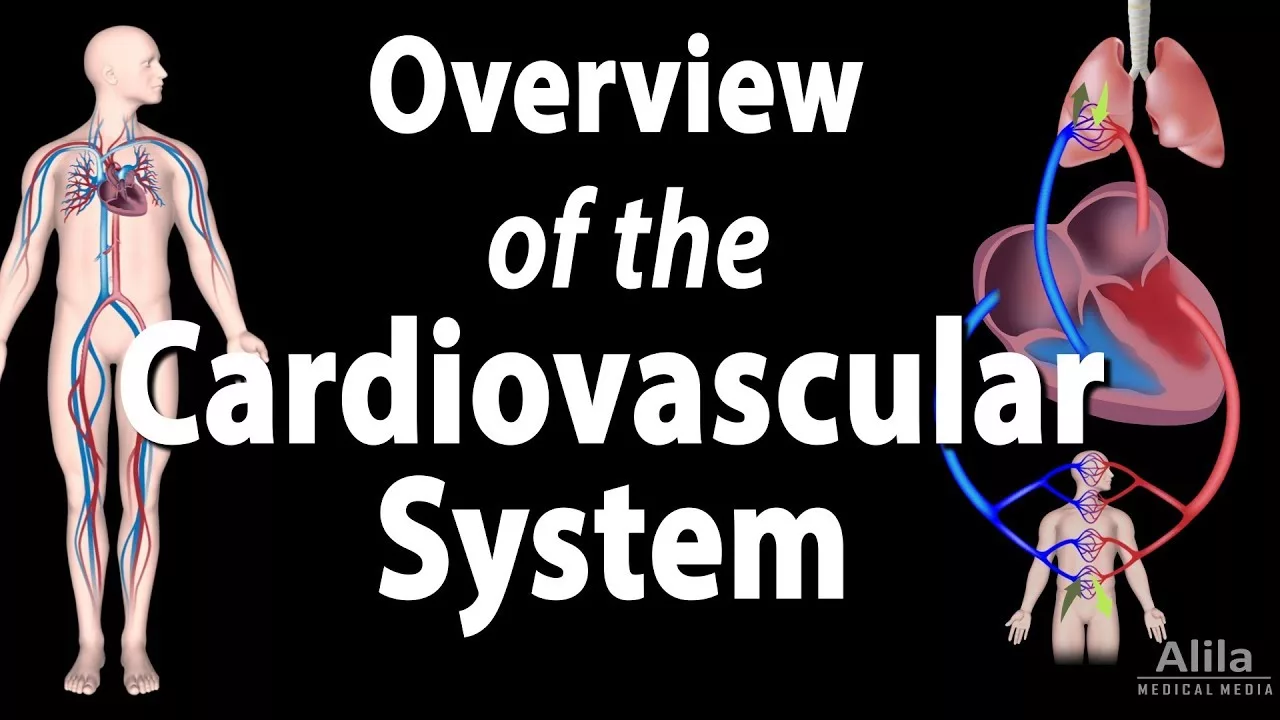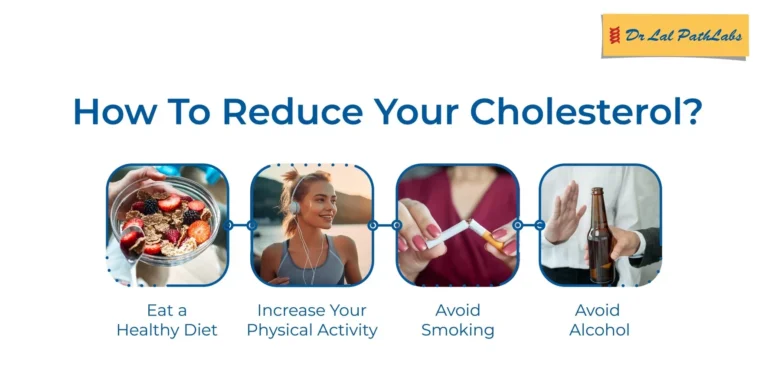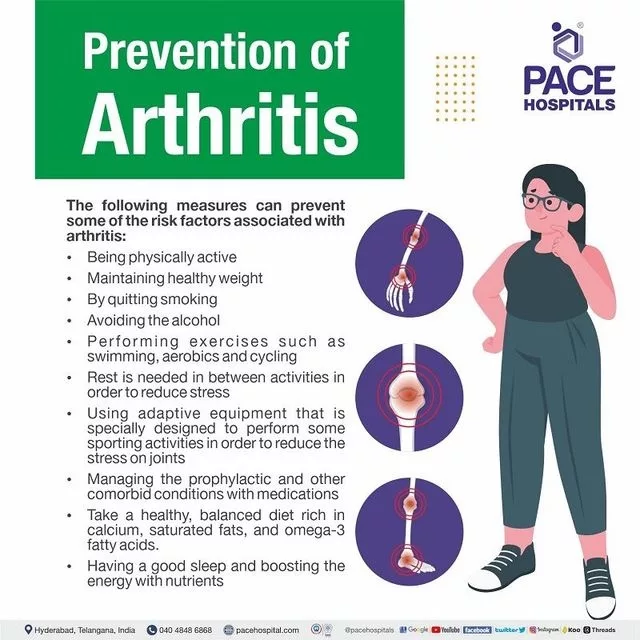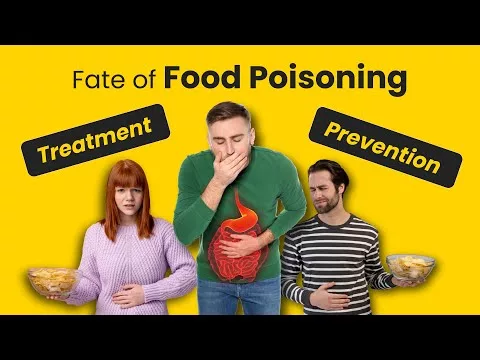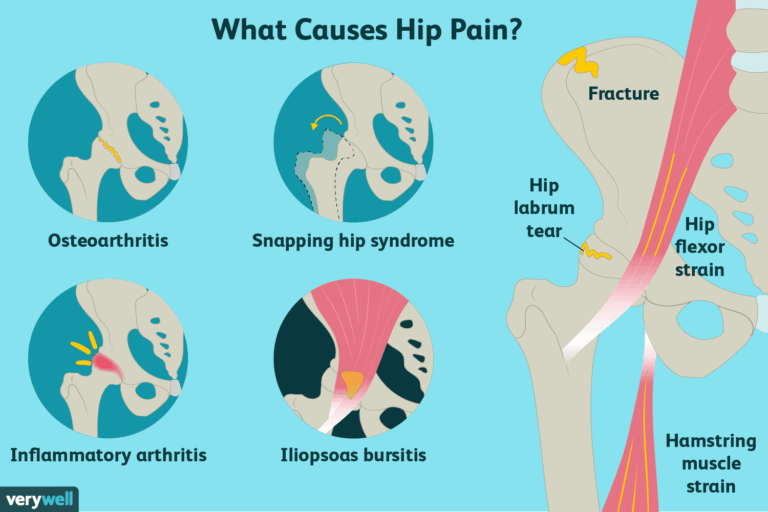Cardiovascular Health Alert
Why is Cholesterol Management Important?
Hello! I’m a friend of ♡ who shares healthy eating and lifestyle habits. Today, I want to talk about an important topic for cardiovascular health. Let’s learn together! This will be a time to explore cholesterol management for cardiovascular health. Let’s share information for a healthy life~ 🌿🍎🏃♀️
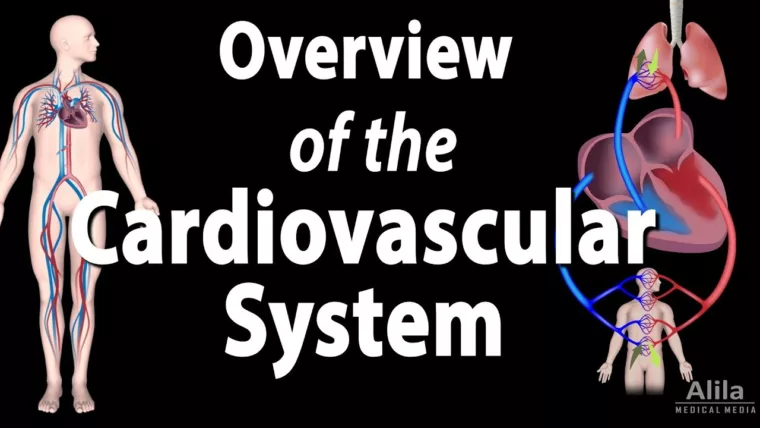
The Importance of Cardiovascular Health
❗️ Cardiovascular health is a crucial factor that significantly impacts our daily lives. The heart and brain are essential organs in our body, and their deterioration can lead to serious diseases. Therefore, maintaining cardiovascular health is essential for all of us.
The Role and Types of Cholesterol
❗️ Cholesterol is one of the necessary fat components in our body, responsible for various functions such as cell membrane composition and hormone production. However, cholesterol is categorized into good cholesterol (HDL) and bad cholesterol (LDL). HDL helps prevent arteriosclerosis and reduces the risk of heart disease, while LDL can cause arteriosclerosis and increase the risk of heart disease.

Causes and Effects of High Cholesterol
❗️ High cholesterol can occur for various reasons. If the fat components in the blood increase excessively or if dietary habits are inappropriate, cholesterol levels can rise. This can act as a major cause of cardiovascular diseases such as arteriosclerosis, heart disease, and stroke.
Major Signs of Cardiovascular Disease
❗️ Various signs may indicate cardiovascular disease. Examples include chest pain, shortness of breath, dizziness, and fatigue. These symptoms can occur due to insufficient blood flow or blockages in the arteries. Therefore, swift action is necessary when these signs appear.
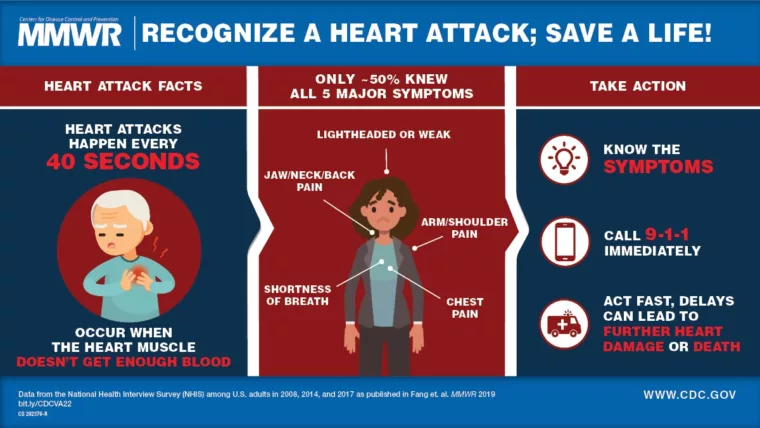
Ways to Lower Cholesterol Levels
❗️ To lower cholesterol levels, proper eating and lifestyle habits are essential. Maintaining a balanced diet and limiting the intake of trans fats and saturated fats is important. Additionally, regular exercise and weight management are necessary. These measures can greatly help keep cholesterol levels within a normal range.
Improving Healthy Diet and Lifestyle Habits
❗️ A healthy diet is very important for our cardiovascular health. It’s advisable to include foods like fruits, vegetables, whole grains, chicken, and fish in meals. Also, having regular meal times and chewing slowly is beneficial. Along with this, quitting smoking and limiting alcohol intake are also important.
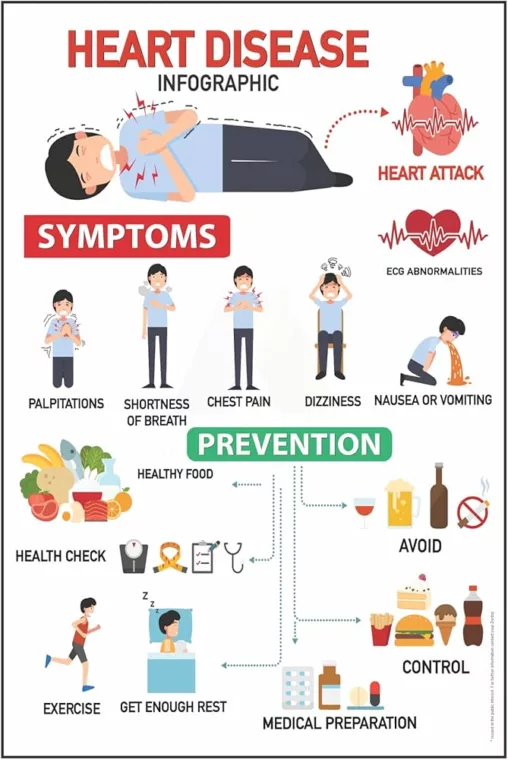
- Eating Habits for Cholesterol Management:
-
Increase Intake of Fruits and Vegetables
Include a variety of colorful fruits and vegetables to ensure adequate intake of vitamins and fiber. -
Choose Whole Grains
Opt for whole grains like brown rice, oats, and whole wheat instead of white rice and white bread to increase fiber intake. -
Consume Healthy Fats
Include unsaturated fats such as olive oil, avocados, and nuts, while avoiding saturated and trans fats. -
Select Lean Meats and Fish
Choose lean meats like chicken breast and fish (especially those rich in omega-3, like salmon) instead of fatty meats. -
Opt for Low-Fat Dairy Products
Choose low-fat or non-fat dairy products instead of full-fat options. -
Limit Sugar and Processed Foods
Reduce your intake of sugary drinks and processed foods. -
Control Sodium Intake
Lower your sodium intake to manage blood pressure and maintain cardiovascular health. -
Eat Regularly
Maintain regular meal times and be mindful not to overeat. -
Stay Hydrated
Drink plenty of water to keep your body hydrated. -
Limit Alcohol Consumption
Moderately control alcohol intake to maintain health.
By following these eating habits, you can effectively manage your cholesterol levels. Maintaining a healthy diet is essential!
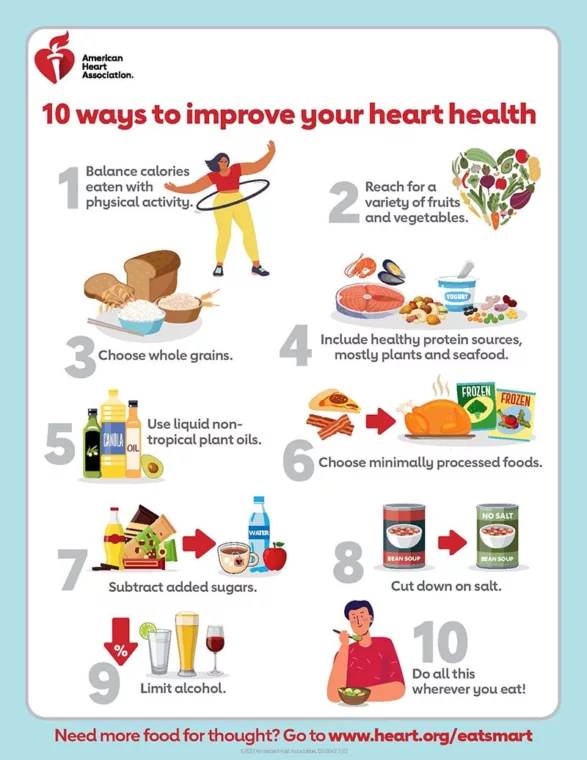
Exercises that Help Manage Cholesterol
❗️ Appropriate exercise is necessary for cardiovascular health. Aerobic exercise can strengthen the heart and blood vessels and help control cholesterol levels. It’s recommended to engage in activities like walking, jogging, swimming, or cycling for at least 30 minutes daily.
Regular Check-ups and Preventive Strategies
❗️ To maintain cardiovascular health, regular check-ups and preventive strategies are necessary. Checking blood pressure, blood sugar, and cholesterol levels, and consulting a doctor immediately if abnormalities are found is crucial. Additionally, managing stress and getting enough rest can also be preventive strategies that benefit cardiovascular health.
📌 Through this, we have learned about the importance of cardiovascular health and cholesterol management. Cardiovascular diseases are preventable, so we must maintain appropriate diets and lifestyles and undergo regular check-ups. Let’s take action now to maintain a healthy cardiovascular system!
